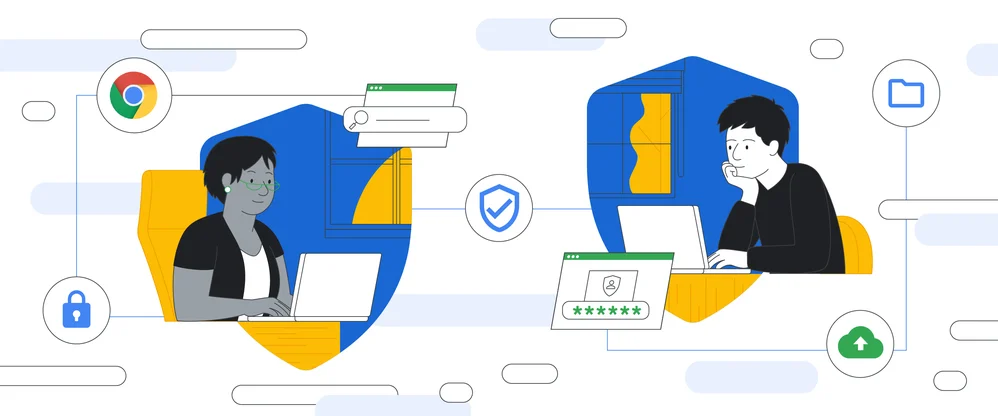Solve a Google engineering challenge in Hash Code 2020
Want to solve a Google-inspired engineering problem? Want to meet other developers? Want a chance to visit a Google office? Well good news! Hash Code, Google’s team programming competition, is back for 2020!

Hash Code 2020: Are you up for the challenge?
This is the 7th edition of Hash Code, and while the competition has grown over the years, one thing has stayed the same: its focus on real-world problems that can be solved with technology. In the past, developers have put their heads together to tackle challenges focused on YouTube, self-driving cars, compiling code at Google scale, and more! We asked one of the founding Hash Code engineers, Przemek Pietrzkiewicz, to share his favorite past challenges :

Przemek on stage at a Hash Code world finals.
1. Routing Street View cars, Hash Code 2014
"One of my favorites has to be the first ever Hash Code problem. In this challenge, teams were given a description of a city (the actual data set was an approximate representation of Paris) and asked to schedule itineraries for a fleet of Street View’s image-capturing cars.The objective was to photograph every street in the city as quickly as possible. Since this was the first Hash Code problem, it set the example for those to follow: it was open-ended, challenging, and inspired by Google software engineering — some of my colleagues at Google France worked on this very problem around the same time!"
3. Creating a photo slideshow, Online Qualification Round, Hash Code 2019
"This problem tasked teams with arranging a set of photos into an engaging photo slideshow. The Google Home Hub is a “smart display” — among its many features, it serves as a photo frame, displaying photos from your personal collection in a never-ending slideshow. In addition to showing landscape (horizontal) photos, the device can also find interesting pairs of portrait (vertical) photos and combine them together on a single slide. I’m an avid user of this product and thought it was a neat idea for a Hash Code challenge. I’m really happy we used it!"

Hash Code participants during the finals.
Interested in tackling a challenge like these? Then head over to g.co/hashcode now to register for the Online Qualification Round on February 20. For this round, your team can participate from wherever you’d like, including from a Hash Code hub near you (remember our hub post from last month?). Top teams from the Online Qualification Round will be invited to the World Finals at Google Ireland in April. And if you don’t have a team yet, don’t worry! You can register today and find a team later using our Facebook group. We hope this year’s challenge will be one of your favorites!







